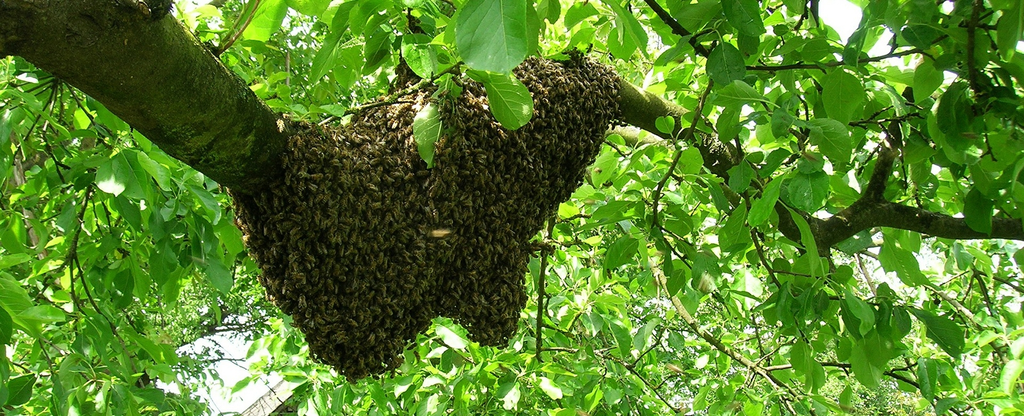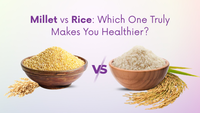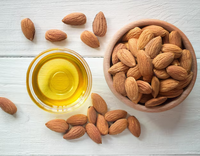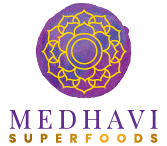Honey has been cherished across cultures for millennia, prized not only for its natural sweetness but also for its myriad health benefits. Among the different varieties, wild honey holds a revered place for its purity, unique flavor profiles, and potent nutritional qualities. In this post, we’ll explore what sets wild honey apart from regular honey, delve into its health benefits, suggest simple ways to incorporate it into your daily diet, discuss why ethical harvesting matters, and highlight how you can support the preservation of this extraordinary superfood.
1. Wild Honey vs. Regular Honey: What’s the Difference?
-
Source of Nectar:
-
Wild Honey is gathered by bees from untouched forests and wildflowers, often in remote regions. These bees have access to a diverse range of blossoms, resulting in a more complex flavor and nutrient profile.
-
Regular (Commercial) Honey typically comes from bees foraging in managed apiaries, often from monoculture farms or hives that are supplemented with sugar syrups.
-
Processing & Purity:
-
Wild honey is traditionally harvested and minimally processed—strained to remove debris but never heat-treated—retaining its enzymes, antioxidants, and pollen.
-
Commercial honey often undergoes pasteurization (heating) to improve shelf life and clarity, which can degrade delicate enzymes and vitamins.
-
Flavor & Appearance:
-
Wild honey boasts depth—a medley of floral, woody, or even smoky notes—depending on the local flora. The color can range from pale gold to deep amber.
-
Regular honey tends to have a uniform sweetness and lighter color, reflecting the limited variety of nectar sources.
At Medhavi SuperFood, our wild honey is sourced sustainably from the remote forests of the Western Ghats, ensuring you enjoy its unadulterated goodness in every drop.
2. Health Benefits of Consuming Wild Honey
a. Rich in Antioxidants
Wild honey is loaded with phenolic compounds and flavonoids—powerful antioxidants that combat free radicals, slowing down cellular aging and protecting against chronic diseases like heart disease and certain cancers.
b. Natural Energy Booster
With its blend of glucose and fructose, wild honey provides quick yet sustained energy. It’s an ideal pre- or post-workout snack, helping to replenish glycogen stores without the crash associated with refined sugars.
c. Supports Digestive Health
Wild honey contains prebiotic oligosaccharides, which nourish the beneficial gut bacteria. Its mild antibacterial properties can also help soothe digestive discomforts like indigestion or gastritis.
d. Immune System Support
Thanks to its natural antibacterial and antiviral compounds—such as hydrogen peroxide and bee-derived peptides—regular consumption of wild honey can bolster the body’s defenses against common infections.
e. Respiratory Relief
Traditionally used to alleviate coughs and sore throats, a spoonful of warm wild honey mixed with lemon or ginger forms a comforting remedy during cold and flu season.
3. How to Add Wild Honey into Your Diet
-
Morning Elixir:
Start your day with a glass of warm water, a teaspoon of Medhavi wild honey, and a squeeze of lemon. This gentle tonic kickstarts digestion and hydrates your body. -
Nutritious Breakfast Bowls:
Drizzle wild honey over oatmeal, millet porridge, or yogurt. Top with fresh fruits and nuts for a nutrient-packed meal. -
Natural Sweetener for Beverages:
Replace sugar in your chai, herbal teas, or smoothies with a touch of wild honey. It dissolves readily in warm drinks and adds aromatic depth. -
Salad Dressings & Marinades:
Whisk together olive oil, mustard, apple cider vinegar, and wild honey for a zesty dressing. Or use it in marinades for chicken, paneer, or veggies to achieve a caramelized glaze. -
Healthy Dessert Swaps:
Blend Medhavi wild honey with Greek yogurt and a dash of cinnamon for a guilt-free pudding. It’s also fantastic drizzled over roasted fruits like figs or pears. -
Post-Workout Refuel:
Mix a tablespoon of honey with a banana and peanut butter for a quick, protein-rich snack that replenishes energy.
4. Why Ethical Harvesting of Wild Honey Is Important
-
Protects Biodiversity:
Unregulated honey hunting can damage beehives, reduce bee populations, and disturb delicate forest ecosystems. Ethical harvesting respects the bees’ lifecycle, ensuring enough honey remains for the colony’s survival. -
Supports Sustainable Livelihoods:
Trained local harvesters use traditional, low-impact techniques—like smoking hives gently and guided cutting—to collect honey without destroying the nest. This practice provides fair income to remote communities while keeping ecological balance intact. -
Maintains Quality & Purity:
Ethical harvesters avoid chemical treatments and heat-processing, preserving the honey’s natural enzymes, pollen, and nutritional integrity. For you, that means a purer, more potent product.
Medhavi SuperFood partners with certified wild-honey cooperatives in India’s biodiversity hotspots, guaranteeing that each jar is harvested according to strict sustainability standards.
5. How You Can Support Preservation of Wild Honey
-
Choose Ethically Sourced Honey:
Look for certifications or transparent sourcing information. When you buy from brands like Medhavi SuperFood, you vote for sustainable practices. -
Advocate for Bee-Friendly Habitats:
Plant native flowering species in your garden or balcony. Even a small patch of wildflowers can provide essential forage for local pollinators. -
Support Conservation Organizations:
Donate to or volunteer with groups working to protect forests and bee populations. Many NGOs run educational programs on the importance of pollinators. -
Educate Your Community:
Share knowledge about wild honey’s benefits and the risks of overharvesting. Host a tasting session or a workshop on making honey-based remedies. -
Reduce Pesticide Use:
Encourage organic farming methods in your community. Minimizing chemicals in the environment protects bees and other beneficial insects.
Conclusion
Wild honey isn’t just a sweetener—it’s a living testament to nature’s richness. By understanding the differences between wild and regular honey, embracing its health benefits, and supporting ethical harvesting, you become part of a movement that values purity, sustainability, and the well-being of both bees and people.
With Medhavi SuperFood’s wild honey, you’re not just savoring a delight for your palate; you’re nourishing your body, uplifting local communities, and preserving precious ecosystems. So go ahead—spread a little wild honey on your toast, stir it into your tea, or enjoy it straight from the spoon. Here’s to your health, the honeybees, and the wild places that sustain us all!






